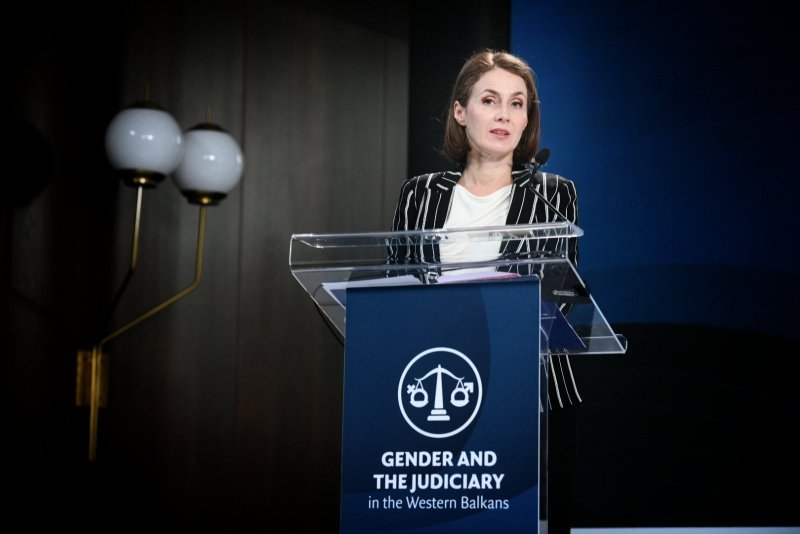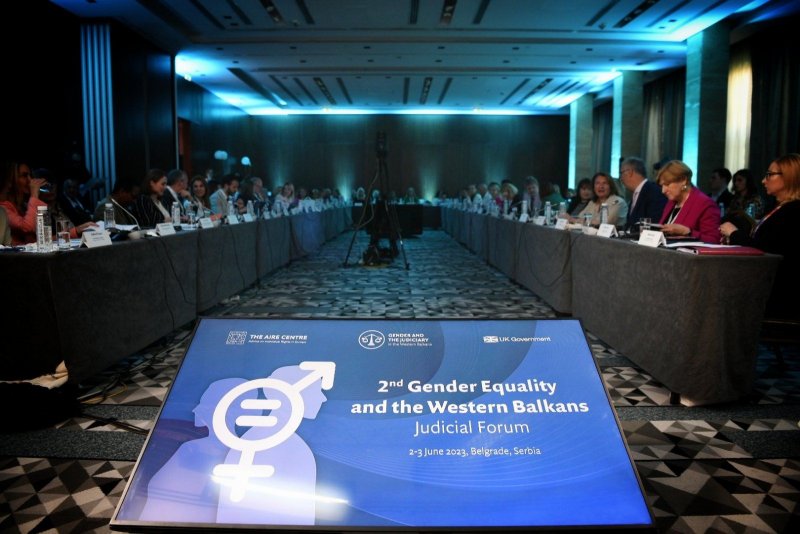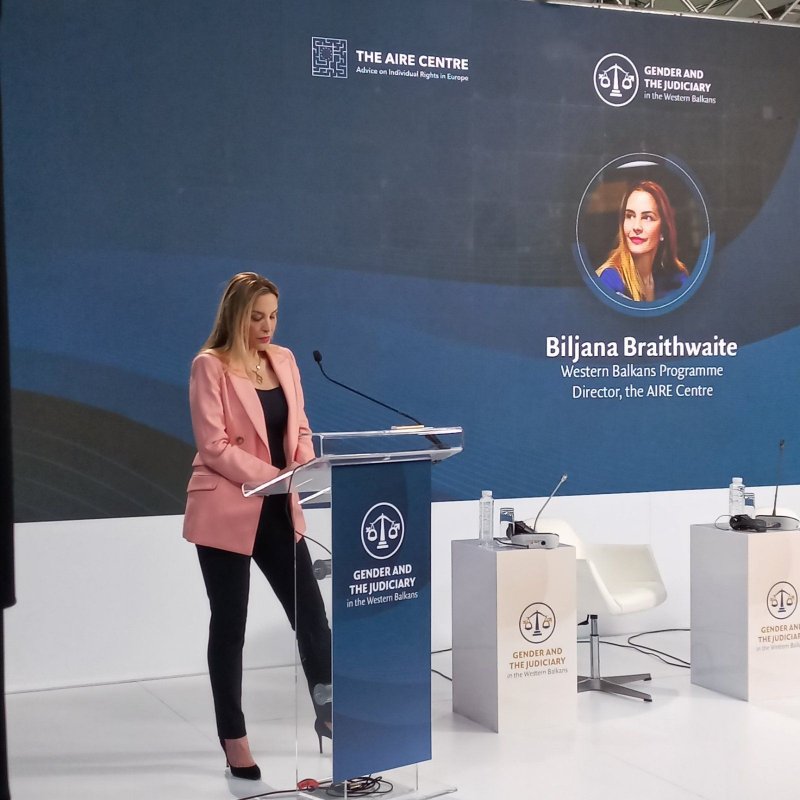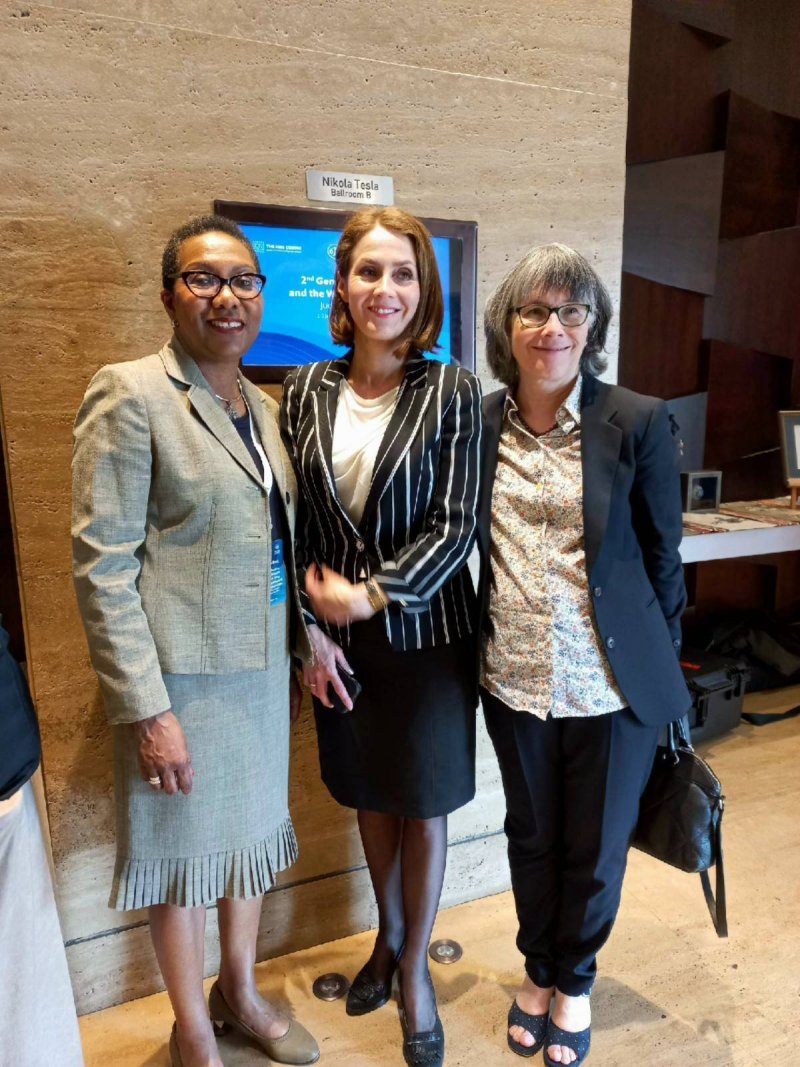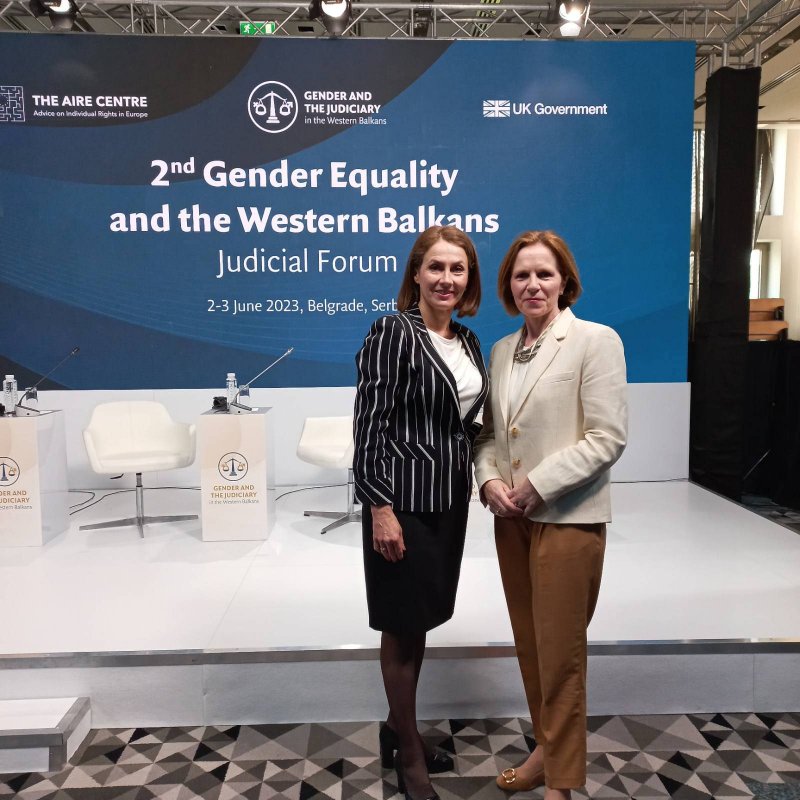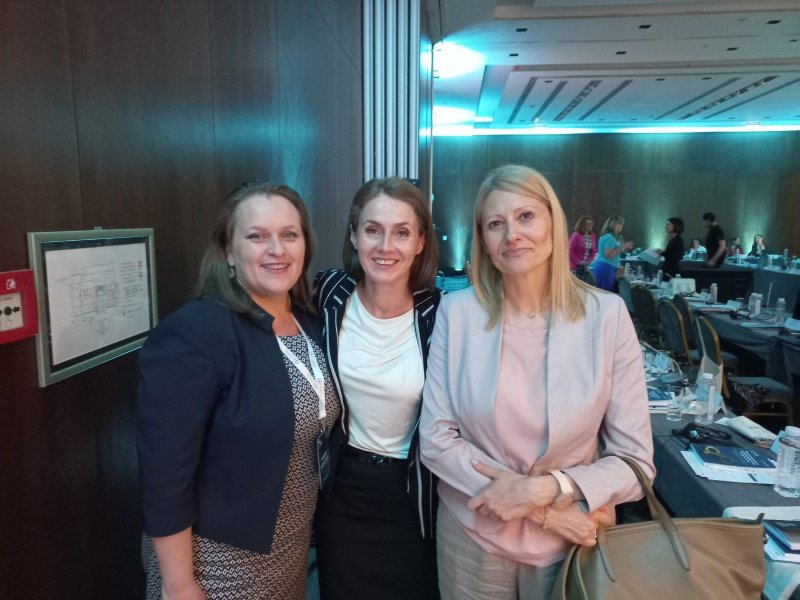The number of women killed and reports of gender-based violence in the entire region is worrying. I believe that the experience and knowledge of professionals from the region and judges of the European Court of Human Rights will contribute to more effective prevention and improvement of protection against all forms of gender-based violence, including femicide, with an effective judicial response to these phenomena, Commissioner Janković said at the opening of the 2nd regional judicial forum “Gender equality and the Western Balkans”, where the Regional report on the response of the judiciary to femicide in the countries of the Western Balkans will be presented.
The Commissioner said that Serbia has good legislation and was among the first to ratify the Istanbul Convention, representing a turning point in the approach to these problems.
The Commissioner for the Protection of Equality continuously points to the connection between gender-based violence and discrimination due to unequal power relations between men and women. Recently, we presented the results of the research “Why do women not report domestic violence?” and in addition to initiatives to change the law, we also supported the initiative to establish a control mechanism for monitoring cases of femicide in the Republic of Serbia, which would contribute to a better understanding of the problem and analysis of specific topics, but also the omissions, said Janković.
The forum was opened by Biljana Braithwaite, Director of the AIRE Center, and besides the Commissioner, the speakers in the introductory part were Alicia Herbert OBE, the United Kingdom’s Special Envoy for Gender Equality, and Síofra O’Leary, President of the European Court of Human Rights. The forum “Gender Equality and the Western Balkans” is organised by the AIRE Center, with the support of the Government of the United Kingdom, and in cooperation with the Commissioner for the Protection of Equality in Serbia and the non-governmental organisation FemPlatz. The event brought together key regional judicial actors, including European Court of Human Rights representatives, judicial and state institutions, academicians, and non-governmental organisations.
